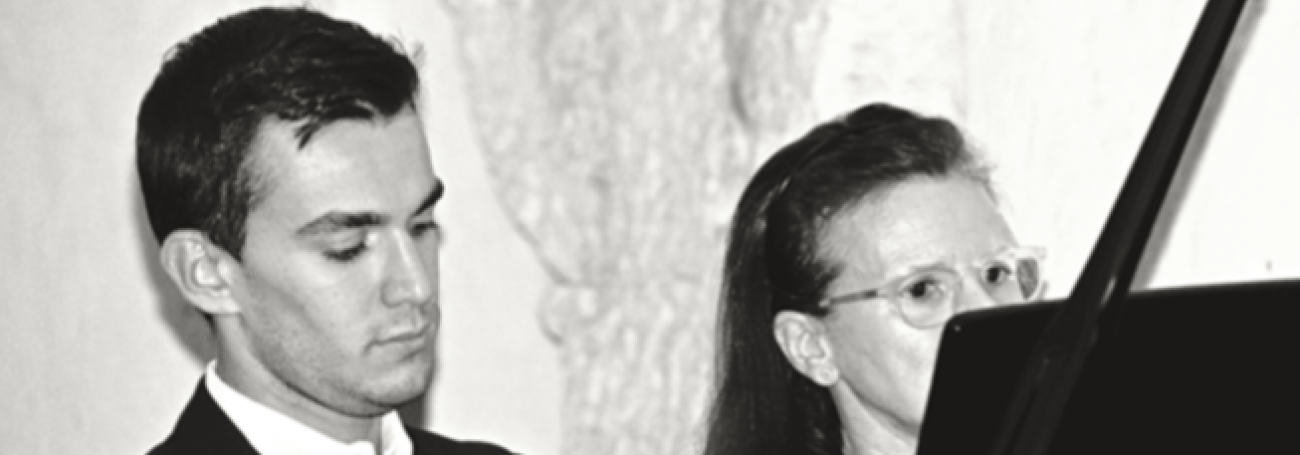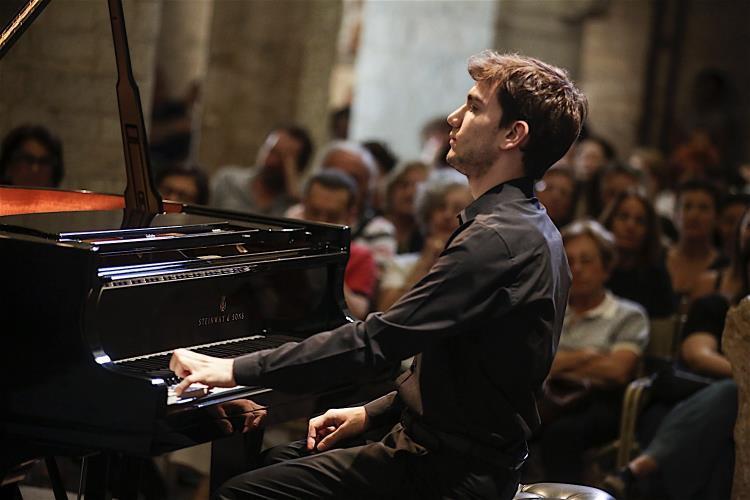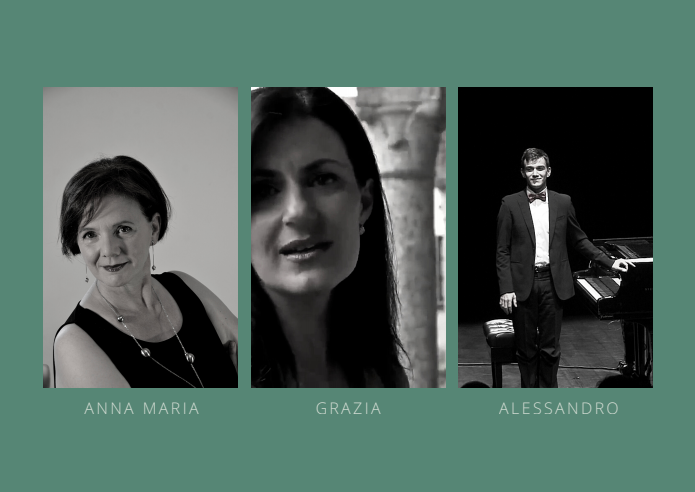Anna Maria Bordin graduated from the "Musik-Akademie" of Basel. Professor of Piano and Research Coordinator of the Conservatory of Genova, she is the author of two books and numerous international articles. She is a member of the Learning - Teaching Working Group of the European Conservatories Association, Evaluation Expert of the Italian Agency for Quality Assurance in Higher Education, and she has collaborated as a professor with the University of Pavia and the Academy of Brera. She planned and conducted a ten years experimental piano course for an autistic student, and she spent the last twenty years researching in the fields of the theoretical and applied methodology of piano teaching.
Grazia Mannozzi is a professor of Criminal Law and Restorative Justice and Victim-offender Mediation at the University of Insubria (Como - Italy), where she is also the Director of the Restorative Justice and Mediation Study Centre (CeSGReM) and of the Master in Restorative Justice and Humanistic Mediation. For the year 2019, she is Chair of the Working Group on Restorative Cities established at the European Forum for Restorative Justice. Her publications have been translated into several languages. In 2017, she published the first Italian handbook of restorative justice, titled “La giustizia riparativa. Formanti, parole e metodi”, Giappichelli, Torino (with G. A. Lodigiani).
Alessandro Marchetti was born in Pavia in 1998 and he started playing the piano aged 5. In 2014 he graduated from the “Istituto Pareggiato Franco Vittadini” (Pavia) with the highest honors under the guidance of M° Anna Maria Bordin. He is currently teaching piano at the same conservatoire. He has been giving concerts since his childhood, both as a soloist and with orchestras. He won many national competitions in Italy, such as J. S. Bach Piano Competition in Sestri Levante, where he was also awarded a special prize for the best interpretation of a composition by J. S. Bach.




